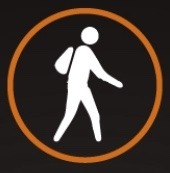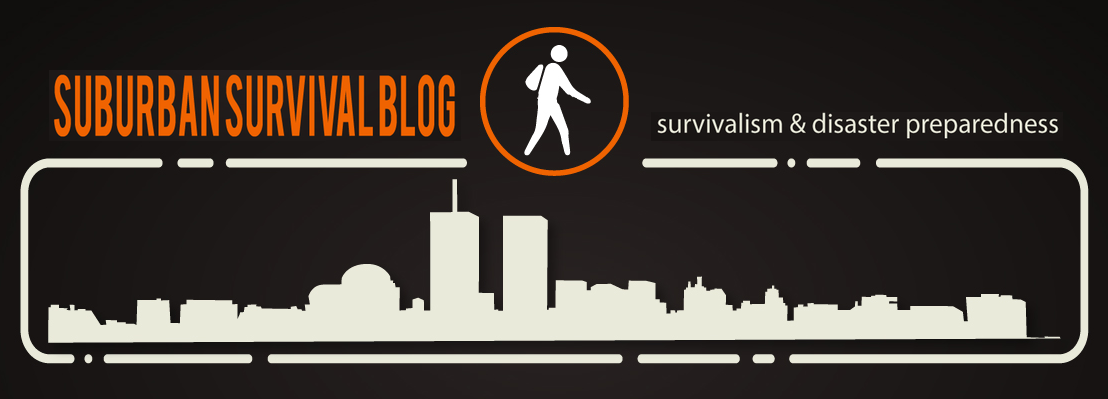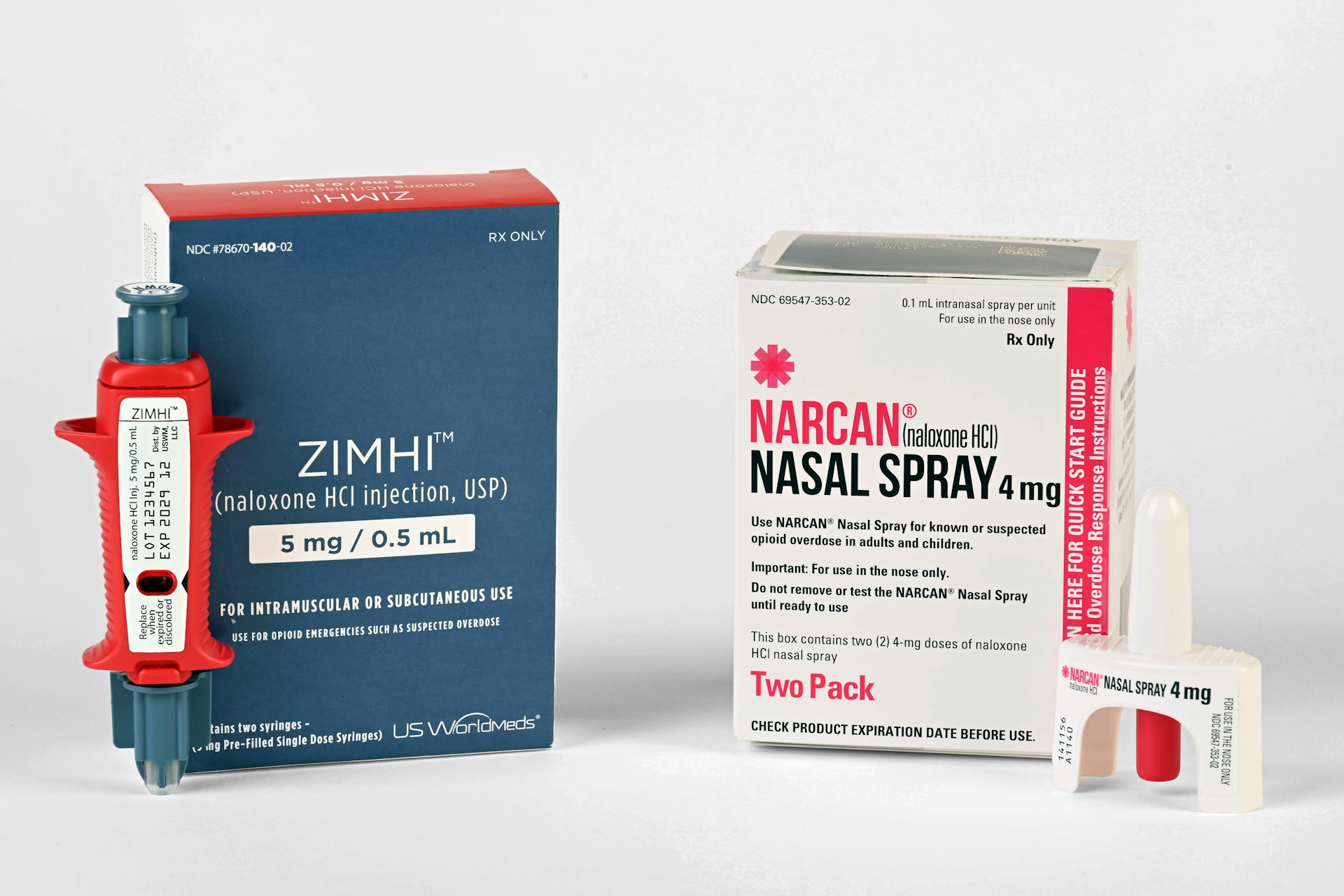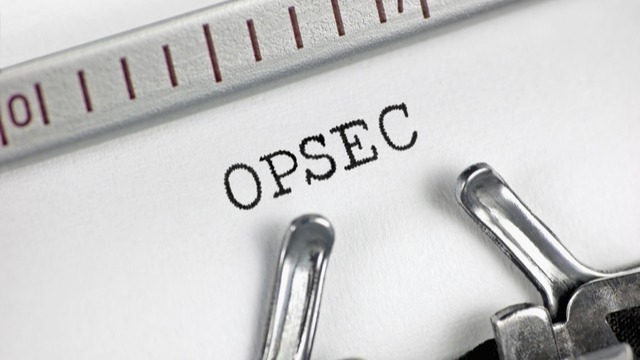 We, as preppers, by definition think ahead about “what if” scenarios. I grant that some people take preparing to unrealistic/unlikely extremes (I highly doubt an alien invasion or a zombie apocalypse for example). And as preppers we generally do think about the well being of others beyond ourselves and our families. If not generosity to others such as sharing of supplies/shelter/protection/etc then at least to the extent that we do not want our actions to harm or have a negative impact on other people. At least I don’t.
We, as preppers, by definition think ahead about “what if” scenarios. I grant that some people take preparing to unrealistic/unlikely extremes (I highly doubt an alien invasion or a zombie apocalypse for example). And as preppers we generally do think about the well being of others beyond ourselves and our families. If not generosity to others such as sharing of supplies/shelter/protection/etc then at least to the extent that we do not want our actions to harm or have a negative impact on other people. At least I don’t.
But I and we as preppers are far more alone in that thinking than I would have liked to think.
Case in point:
Just before writing this article I had a very troubling conversion with two co-workers.
I went to the lunchroom to get some coffee and overheard two co-workers, co-worker1 and co-worker2, discuss auto repairs. Specifically, co-worker1 said his car was recently in the shop and was told his brakes (and rotors) need to be replaced. Not immediately but within a couple hundred miles at most.
Co-worker2 said he (co-worker1) should continue to drive on the current/old brakes until they start to make noise, then get them replaced. As he explained, co-worker2’s thinking is co-worker1 is going to drive those same couple hundred miles anyway so he may as well do it on the old brakes thus squeezing out the last bit of mileage before starting with new brakes and rotors.
At this point I chimed in.
I pointed out that while the current brakes may still function it is a safety issue. Maybe with new brakes you’re car will stop in 30 feet while on the current/old brakes it takes 45 feet? Or, maybe there’s so much shimmy and vibration in the current/old brakes you have poor steering control if you have to slam on them? Either way, co-worker1 is going to have to spend the money on the new brakes anyway very soon so why take the safety risk?
The response from co-worker2 floored me! He said quote “It’s ok. That’s why there is good insurance. They’ll pay for anything that happens.”
He did not say it with a smile or wink & nod. He was flat serious.
I pointed out that if (Heaven-forbid) co-worker1 got into a serious accident and an investigation uncovered that a mechanic strongly recommended changing the brakes but he didn’t that could be held as a liability against him.
Again, co-worker2 said insurance will cover anything that happens. After all, if the car passes inspection how bad can the brakes really be?
I won’t go into the blow-by-blow play but the discussion went back and forth with me pointing out both the personal liability risks as well as the physical risks, and co-worker2 kept repeating how great insurance is. (Meanwhile, co-worker1 whose car this conversation is about, just watched in silence – I hope my points sunk in on him.)
So to sum it up:
Why bother actively taking precautions when insurance will pay for anything that happens?
Why be a responsible person for your own sake (and your family’s – co-worker1 is married with children) as well as for those around you?
Insurance solves the problem – someone else will fix things for you.
No biggie.
Yes, insurance will pay for damages and liability.
But isn’t the goal not to need to rely on the insurance?
Isn’t it the mature, adult, responsible thing to take actions to avoid needing to rely on insurance?
Shouldn’t insurance be a last resort and not a tactical decision?
(Footnote: According to Smartmotorist.com a European study of driver behavior showed 80% of drivers involved in accidents say it was the other person’s fault; Only 5% admitted they did something wrong.)
And that says nothing of having to live with yourself if your actions (or in this case, lack of action) result in the injury or death of someone else.
This is what we are up against in the world. Co-worker1’s point of view is most regrettably not unusual or unique. Someone will pay for, clean up, or otherwise take care of us so it doesn’t really matter to take preventive actions.
As preppers we see this all too often. You try to explain to someone the benefits of having some minimal amount of preps (food, water, medicine, etc) on hand and the other person just presumes that if anything bad happens then someone – maybe you since you have the preps! – will take care of them!
I don’t know how to change people’s mind. If you can’t convince someone they have an ethical duty to take action for their own safety and reasonable common safety for those around them then what can be done before something happens?
If someone wants to bury their head in the sand, go for it. Can’t stop someone from being short sighted or in denial. But the blind reliance on someone else to fix their own problems, things they could have taken steps to prevent in the first place, is the truly frightening part.
Self respect is dead.








It is not only self respect, but self responsibility. That is, I am responsible for what I do or don’t do. Everything is someone else’s fault or responsibility. This breeds the “take care of my syndrome” otherwise known as dependence. The government likes it and clearly the international bankers love it. They get all the power while we get led around by our nose.
That is why Preppers are pretty much alone and why I have a hard time talking to any of my friends about prepping. I gave a short presentation on hurricane preparedness and my good friend says, “maybe I’ll gather some of these supplies up.” The guy is a doctor who has lived on the Gulf Coast for 30–35 years. He is not organized or prepared for a simple emergency. Yikes!
The bottom line is we are on the fringe of society because we are proactive and act responsibly. I’ll just continue to do my thing and maybe they will see it and come along. Or not.
But isn’t that part of the issue? Your friend obviously hasn’t needed emergency preparedness in 30–35 years so why start now?
He’s just gotten lucky so far and probably needed those supplies and never had them. I don’t know how long he went without power after Ike when 95% of CenterPoint energy customers were without power. We’ve not gotten into a situation where we could not “go” when needed. If a pandemic happens, he is totally screwed other than the fact both his wife and he are doctors and would likely be at the hospital.
I really don’t know what it takes to snap people to the fact they need to be prepared and take responsibility. For me, it was the hurricanes, it was the financial panic, it was reading the Black Swan and realizing that random, high impact events do happen. For other people, I am not sure what it would take other than the shit hitting their fan.
Crazy, but unfortunately its the norm. What happens if the accident is more than an insurable event? What if it results in the death of himself, or someone else because it was more important to use up every molecule of break pad before replacing.
Same with tires. I don’t think I’ve ever let them wear down to the wear treads in my life. A new set of tires certainly costs less than even a most minor accident.
Funny thing is most people take that gamble, and it seems to pay off. Maybe I’m the crazy one!
I am just speachless …